Is Obama Too Thoughtful to Be President?
The presidency is not what it seems or what we (and the president) wish it were.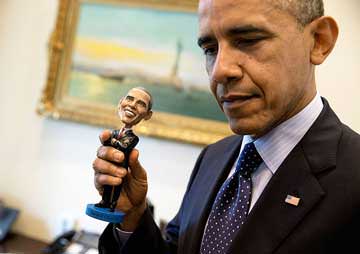 White House/Pete Souza
White House/Pete Souza
White House/Pete Souza
Welcome to Presidency 101. What would you do if you were “the most powerful person in the world” and:
Bad guys were chopping off the heads of your fellow citizens far from home in a place you’d like to get out of; at home, your fellow citizens were screaming at each other or shooting each other because their skins were of different colors; your “loyal opposition,” the other great party, was dedicated to your failure and will do nothing but say that whatever choices you make are the wrong ones; your former ideological rivals, the Russians, were moving troops around and in a neighboring country; your forever friends, the Israelis, were in the process of leveling parts of the land of milk and honey; and your economy seemed about to come out of the doldrums, but that was never a sure thing?That is what it is like to be president of the United States. I personally think Barack Obama has been a very good president in terrible times, often just trying to clean up the mess left by predecessors. But that is for history to judge as it tries to make sense of some of this — separating out crises and events and trying to make this whole thing look rational, all with the advantage of knowing how things turned out — probably leaving out the fact that all things like this happen at the same time. To the president, of course, they are all happening in the same real time.The presidency is not what it seems or what we (and the president) wish it were. The presidency is a reactive job. It is “sui generis,” an act of faith that one man, a prisoner of events, can actually handle all this at once. It is one or two or six events, usually unforeseen, that define any president’s tenure. Big events determine greatness or failure. No one talks about whether or not Abraham Lincoln balanced the budget.In other words, the presidency is not about intellect, it is not about campaign issues, it is not about charisma. The presidency is about judgment. And often, like most anything else in life, it is about timing, about luck. President Obama’s situation today is not unlike President Kennedy’s dilemmas in June of 1963. In one 48-hour period that month, the televised admission of two black students to the segregated University of Alabama challenged a changing America, a Buddhist monk burned himself to death in front of a camera in Saigon and the world was never the same, and Kennedy tried to change the world by giving the greatest speech of his life at American University in an attempt to break the planet’s nuclear siege.That was not the only frightening time in Kennedy’s years. In October of 1962, as he was dealing with the admission of the first black student to the University of Mississippi, he was shown aerial photographs that proved the Soviet Union was establishing nuclear missile bases in Cuba. A year later, as Martin Luther King Jr. was giving his “I Have a Dream” speech at the Lincoln Memorial in Washington — an event some people thought would lead to race war — Kennedy was meeting with his National Security Council, authorizing the planning of a coup to depose the president of South Vietnam. From then on, Vietnam was our war. We broke it, we owned it. It was something like what Obama is facing now in Iraq.Looking at post-World War II presidents, they govern on a spectrum that runs from instinctive (Harry S. Truman, George W. Bush) to thoughtful (Obama and perhaps Jimmy Carter). And when history straightens this out, it may conclude that Obama was too thoughtful for the job in these depressing and chaotic times.© 2014 UNIVERSAL UCLICK
Your support matters…Independent journalism is under threat and overshadowed by heavily funded mainstream media.
You can help level the playing field. Become a member.
Your tax-deductible contribution keeps us digging beneath the headlines to give you thought-provoking, investigative reporting and analysis that unearths what's really happening- without compromise.
Give today to support our courageous, independent journalists.
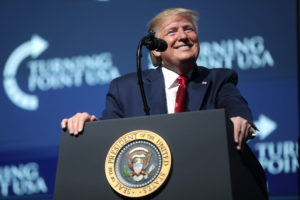
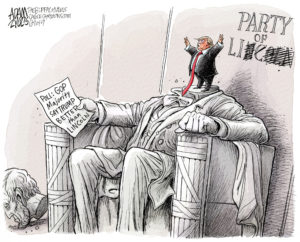
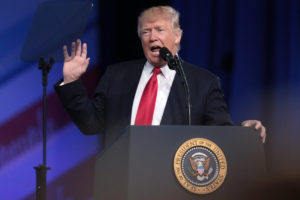
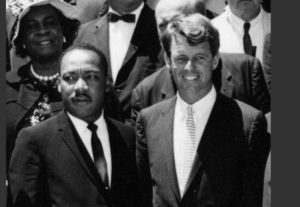
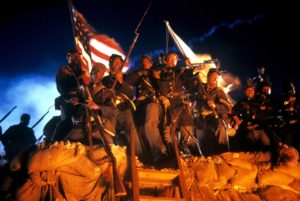

You need to be a supporter to comment.
There are currently no responses to this article.
Be the first to respond.